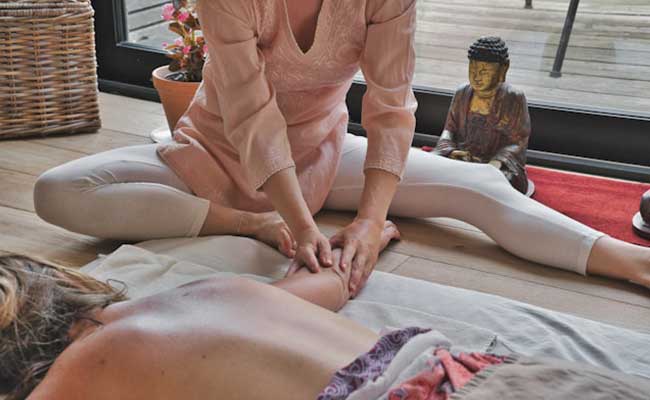Jared Traveler
2nd Black Belt
- Joined
- Jul 17, 2022
- Messages
- 824
- Reaction score
- 399
Here in Thailand an hour long Thai massage costs about $7. It is done with essentially a karate  gi on, and ranges from relaxing
gi on, and ranges from relaxing  to eye popping
to eye popping  painful
painful  .
.
But overall I do see the health benefits, and get one fairly often. I'm thinking about studying this art just to help my wife with pain and discomfort when we are traveling and sleeping on hard beds.
I have never been into the healing arts, but this is something that interests me.

 www.thethailandlife.com
www.thethailandlife.com
But overall I do see the health benefits, and get one fairly often. I'm thinking about studying this art just to help my wife with pain and discomfort when we are traveling and sleeping on hard beds.
I have never been into the healing arts, but this is something that interests me.

Is Thai Massage Really Good for You? Risks, Benefits & Science
Is Thai massage good for you? What are the benefits, health risks, and scientific evidence? I pull back the curtain on this ancient therapy.


